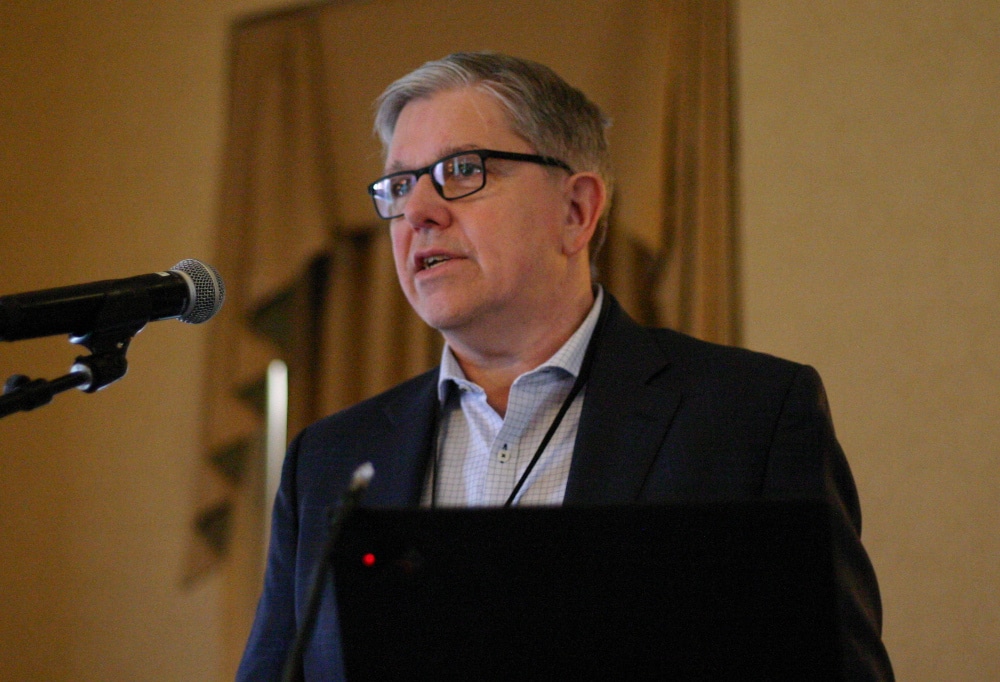The sixth International Arab Workshop on Biotechnology, hosted by the Arab Scientific Research Councils in partnership with the Academy of Scientific Research and Technology, was held Aug. 24-25, at the National Research Center._x000D_
_x000D_
More than 200 participants attended the event, including scientists from Sudan, Tunisia and Jordan. Among the topics presented was a look at how traditional biotechnology differs from that of modern biotech in Egypt. Naglaa Abdallah, director of Egypt Biotechnology Information Center, gave a presentation on the challenges and opportunities of genome editing for crop improvement, comparing this new technique with mutagenesis and genetic modification._x000D_
_x000D_
Abdallah says that although genome-editing technologies promise to be more efficient and precise in editing genes, it is at an early stage and could not replace GM crops completely. GM crops might have some disadvantages, such as regulatory delays, cost and time to launch, but until now it is the technique of choice._x000D_
_x000D_
“Many of these techniques could cause variation in the genotype that is indistinguishable from the natural means or conventional mutagenesis; and therefore, they do not fit the definitions of GMO used within most regulatory regimes,” she explains. “Regulation will focus on the process used, rather than the nature of the novel phenotype developed.”_x000D_
_x000D_
Founded in 2003, EBIC’s mission is to build a solid public awareness program grounded on transparency, scientifically-based information and free dialogue with North Africa’s Arab-speaking countries. Source: International Service for the Acquisition of Agri-Biotech Applications.













